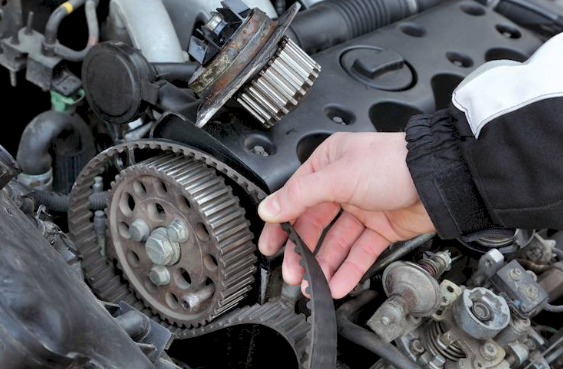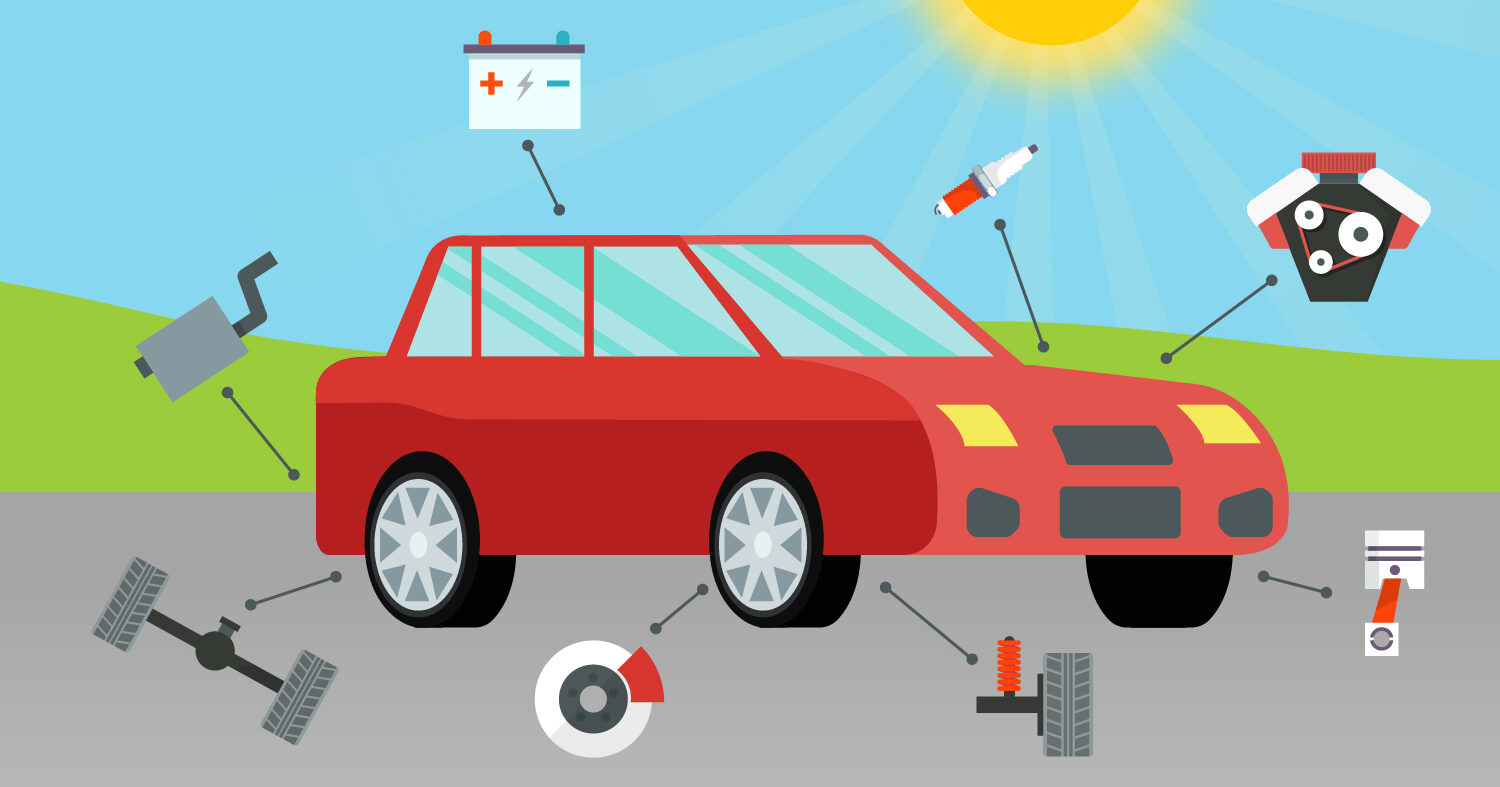
There are many details that need to be addressed when making an auto purchase. If you are unaware of these details, you could find yourself overpaying for the car that is not right for you. You will find some great advice in the article that follows that will assist you in purchasing your next car.
Purchasing a vehicle from private parties is a great choice, but have a mechanic give it a once over. If the owners don’t allow this, then it is best that you do not buy it. They might be hiding expensive problems that greatly reduce the car’s value. You probably shouldn’t get into this without figuring out who they are first.
Due diligence should be exercised when planning your car budget. It is imperative that you take a full and realistic look at your budget. Not only must you consider a car payment, you must also consider insurance, gas and maintenance for the vehicle. There is nothing worse than having a vehicle that you cannot afford to drive.
A great tip for those looking to buy a used car would be to research what the resale value of the car is. Look at the Kelly Blue Book value and compare it to the condition that the vehicle is currently in to see whether or not the price is fair.
When trading in your car, take it to a few dealerships and ask them each what they’ll offer you for it. You may be shocked by the difference between the prices offered at each lot. In the end, compare the price of the car you desire with the offer to find the best lot for your needs.
Check out how much repairs on a car would cost before buying it. You should be able to get a fair idea of what kinds of costs you will have to pay for repairs. And that’s not just for when it is under warranty. What happens when you have to pay full price for an ignition coil? Different cars cost different amounts, so find out.
Always read before signing. If you just sign without reading, you might be disappointed. Once you sign these things, you legally have an obligation to follow whatever the documents say. If you do not want to read it when you’re in the dealership, ask them if you can bring it home to read it. If you can’t, ask for a copy you can look over.
Financing is often more affordable when you get it from an institution other than the dealership themselves. The rates they offer aren’t great, but they’re sometimes open to lending you money when your credit is bad, unlike a bank. Check out all of your financing options and find out how much you’ll be approved for before you approach the lot.
To make your negotiations go smoothly when purchasing a new car have a minimum of a twenty percent down payment saved. By having a down payment, you will be able to lower your interest rate and payments and have leverage when discussing your trade in options. You may find that you will net more savings by not trading a car in and selling it on your own.
A certified used vehicle does not guarantee that the vehicle is in good condition. This is just a new way for car dealers to trick people into thinking that they are guaranteed a high quality used vehicle. Do not fall for it. Research certified vehicles just as you would any other to fully protect yourself.
Hone your negotiation skills before you go to the lot. Practice with friends and family to help you prepare for the big day. Read online to find out what sort of sales tactics dealers use. This will give you the answer to any question they ask, keeping the power in your hands.
Make sure you inform yourself not only on the car industry, but also the specifics of the car dealer industry. They have some tricks they use to take advantage of unsuspecting customers. Be sure to keep an eye out for things like unneeded warranties, or insurance straight from the dealership.
Do you want to buy new or used? There are certain situations that might make it better for you to buy new, but if your budget does not allow for it, there are great used deals as well. Learn about warranties and rebates on both new and used before you begin shopping.
Do some advanced preparation before shopping for your car. If you anticipate having to replace your current vehicle in a year or two, start improving your credit now. Also begin saving whatever you can toward a down payment. By planning in advance, you can be in a good position to get a great deal.
When you buy a car, you must know about its fuel economy. You don’t want to drive a vehicle which was cheap to buy but expensive to run! Find a car which is a happy medium of low initial investment plus reduced cost to fill the tank. The better the MPG, the happier you’ll be.
Speak to friends and family about their dealership experiences. Find out if they would recommend the dealer. Have a conversation about details including post-sales service. If many people recommend a place, it’s a good indication you should visit that place.
The EPA will charge you as much as $7,700 on your tax bill if you buy a car with less than 21.5 MPG, and this is definitely a fine you want to avoid! Find out what the MPG is on all the models you’re considering to ensure you don’t get stuck with this bill.
Take what you have learned in this article and use it as you make the decisions for your next car. Pay close attention to the details incorporated with auto purchases. Avoiding common mistakes during this process will help you remain happy with the purchase you have made for years to come.
















